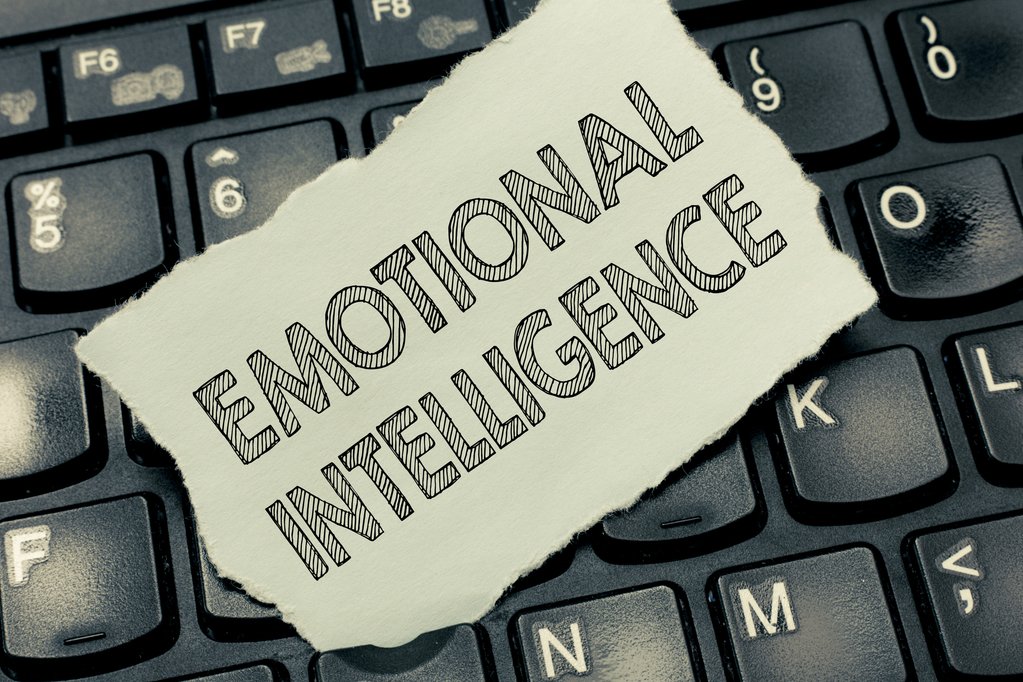5 Components Of Emotional Intelligence

5 Components Of Emotional Intelligence
Think you know all about emotional health? Don't neglect these five aspects of wellness for a better life.
If it seems like there's too many things to think about when it comes to maintaining your physical and mental well-being, don't worry! You're not alone in trying to keep up with the demands on both our mind and body.
There are various factors that contribute towards one’s overall wellbeing such as sleep quality or amount of exercise done throughout the week but what else constitutes an aspect of good emotional health? The following list includes some important points:
Outlook:
Your outlook on the world is a large part of your emotional wellbeing, as it can change many aspects. If you see yourself as controlled by fate and not in control of your own destiny, relationships will be different because there's always something that could happen to make them end;
stress may come from sources like work or school which have no relation with what happened in life up until now; coping with loss would also take more time if one did so while believing they had little power over their lives.
On the other hand, seeing oneself as master of their destiny means being aware there are risks involved but nothing stopping success when effort has been put into achieving this goal.
Relationships:
Relationships with romantic interests, friends, coworkers, family members and even strangers can have a strong impact on emotional wellness.
Relationships can be supportive or harmful to you emotionally but they are also challenging because sometimes it's hard for them to help you out of trouble or get into some instead.
Sometimes honing your relationships means pruning less healthy ones while other times being an understanding friend is the best way forward in order not only keep our sanity intact but make progress towards positive change as well!
Stress:
It is not uncommon for people to experience stress in their lives, but how you handle it can have serious implications on your physical and emotional wellness.
For many individuals, the effects of chronic or acute stress are exacerbated by an imbalance between the other aspects of emotional health and well-being – such as self-esteem, life satisfaction etcetera.
However feelings like these don't always come naturally; sometimes they need a little help from outside sources that provide positive guidance with healthy coping skills before any lasting improvements will be made.
Coping:
When we think about coping, most of us have a singular focus: how to recover from the loss of someone close. But grief can come in many forms and at different stages; it is often difficult for people who are grieving because they cannot return back to their daily lives as if nothing has happened.
Coping with frustration or stress also require patience and mindfulness just like during times when your heart aches after losing a loved one. You may not be able to do anything else but readjust yourself mentally until you're ready again, which sometimes takes weeks or even months depending on what stage you find yourself in post-loss--but that's okay!
Mindfulness:
Mindfulness is the ability to understand and manage your own mental and emotional health.
Though it may seem like a difficult skill, mindfulness can be improved with practice by paying attention during every moment of life in an open way without judgment or criticism.
For some people this means working on self-compassion which will help them find peace through their trials instead of being overwhelmed by negativity about themselves.
